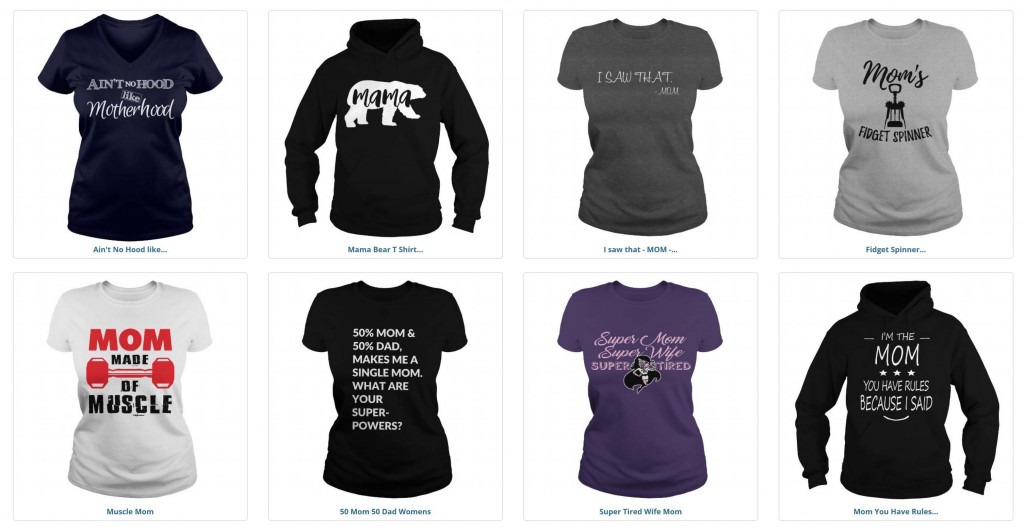Blocks as an Educational Toy
Blocks are one of the most basic toys you can find. It may seem they don’t really do anything and in their simplest form they’re just little wooden cubes. But to a child, they represent a world of possibilities.
Blocks are great toys for children of all ages. Infants love soft blocks to look at, squeeze, chew on and drop. Toddlers like to put blocks in boxes and pour them out or pile them on the floor. Preschoolers can build towers, houses, animals and more with blocks.
Blocks are a great way to keep your child occupied, but they also have lots of educational benefits. Here are some ways that children learn from blocks.
Social Development
Blocks are fun for one child, but two or more make them much more interesting. Young children enjoy playing with blocks in groups. It is a great way to encourage children to learn to share and cooperate with others. As your child grows, she and her playmates may learn to work together to build things.
Physical Development
Small children can gain hand strength from blocks. They are also one of the best toys for developing hand-eye coordination. Babies like to drop or throw them. Toddlers will attempt to arrange and stack them and eventually learning to balance them.
Intellectual Development
Alphabet blocks are one of the best educational toys money can buy. Most of them are brightly colored and feature letters of the alphabet and numbers. Young children can begin to sort them by color and eventually they will learn the names of the colors. Then they can begin to learn the letters and numbers. Once your child has mastered his letters, the blocks are great for quizzing him on which letter makes which sound.
Blocks are also excellent for introducing math. They can put the numbers in order to practice counting, and they can count the blocks themselves to learn how to count objects. Eventually they can use them to experiment with addition and subtraction.
Creativity
Building is quite the creative process for children. It’s a great feeling when they learn to balance several blocks on top of each other. From there they will begin to build simple structures. Then they will move on to elaborate houses, schools and even castles.
Lego blocks provide more flexibility in building. They also allow kids to move their creations to other locations. While regular building blocks are better for smaller children, Lego blocks are a good replacement when they seem to have outgrown them.
Kids can learn a number of things from blocks. Because they are learning through participation, they will retain the knowledge more readily. What more could you ask for out of an educational toy?


